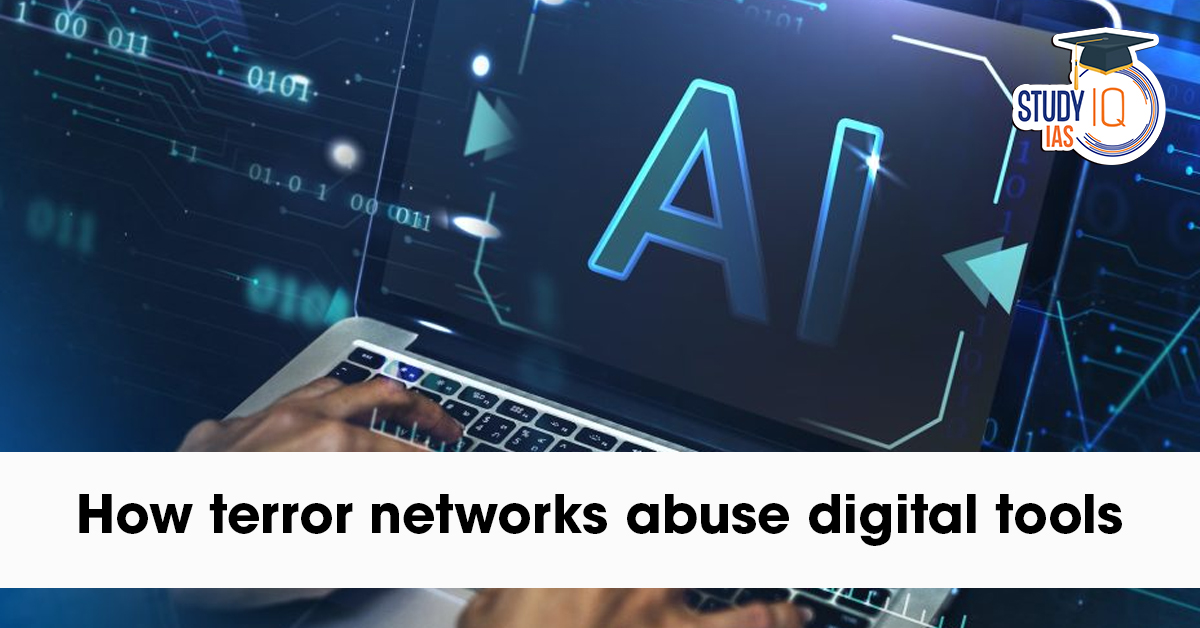Table of Contents
Context: The “Comprehensive Update on Terrorist Financing Risks” report from the Financial Action Task Force (FATF) reveals that e-commerce platforms and online payment services are being misused for financing terrorist activities.
Platforms Used by Terrorists for Financing Activities
- E-commerce Platforms: Terrorists abuse online marketplaces for operational procurement (equipment, weapons, chemicals, 3D-printing materials).
- Use over-/under-invoicing, posing as buyers/sellers to move funds.
- Trade in low-value goods, wildlife, or stolen artefacts to generate and transfer funds.
- Online Payment Services: Use of digital wallets, payment gateways, and platforms like PayPal for pseudo-anonymous transfers.
- Attractiveness increases in jurisdictions with lax regulation.
- Social Media & Messaging Applications: Integration of e-commerce and payment functions allows direct transactions without leaving the app.
- Used for fundraising, propaganda, and selling/buying goods linked to terror finance.
- Crowdfunding Sites: Raising funds under false pretences (e.g., fake charities or causes) that are redirected for terrorism.
- Virtual Assets & Blockchain: Cryptocurrencies and blockchain-based transfers offer pseudo-anonymity and global reach.
- Exploited for fundraising and cross-border transfers.
- Informal Mechanisms: Cash couriers, hawala networks, and money mules remain widely used, especially in regions with weak financial oversight.
- Legal Entities: Shell companies, trusts, and certain non-profit organisations are used to obscure fund flows and bypass scrutiny.
FATF Recommendations To Stop it
- Address Transnational Risks: Promote international cooperation to tackle cross-border terror financing, as digital platforms transcend national boundaries.
- Prioritise multilateral designation of terrorist organisations (e.g., under UN Security Council sanctions).
- Expand Regulatory Oversight: Bring social media, messaging platforms, and e-commerce services under the scope of AML/CFT (Anti-Money Laundering/Countering Financing of Terrorism) standards.
- Engage the Private Sector: Foster public-private partnerships between governments, financial institutions, tech companies, and e-commerce platforms to share intelligence and best practices.
- Improve Risk Analysis and Surveillance: Regularly update national, sectoral, and emerging risk assessments to detect and address new terrorist financing schemes.]


 Israel Reopens Rafah Border with Egypt: ...
Israel Reopens Rafah Border with Egypt: ...
 Next Phase for Rural Women Entrepreneurs...
Next Phase for Rural Women Entrepreneurs...
 UPSC CSE 2026 New Rules: Complete Guide ...
UPSC CSE 2026 New Rules: Complete Guide ...

























